Through dedication and further study, Theresa has transformed her career while leading substance misuse and family support services.
Discovering a Path: From No University Experience to Academic Success
Theresa has spent 15 years with a children’s support organisation, Achieving for Children, leading on substance misuse within the Family Hub team.
Her day-to-day work is nothing short of varied: managing caseloads, delivering one-to-one education on drugs, alcohol and violence, attending multi-agency panels, and running workshops for up to 30 children at a time.
“I lead on the substance within our family‑hub team at the service for children”, describing how assemblies have become a critical part of her outreach.
When Theresa enrolled in a criminal psychology course, she did so as someone who “never went to university” and didn’t believe that path was open to her.
Tackling the academic challenge as a mature student stretched her, forcing her into long nights of research and writing. Yet she embraced it: “I felt quite proud of myself… taking this on… it really did stretch me.”
Why She Studied: Gaining Deeper Insight to Make a Difference
What motivated Theresa to pursue study alongside a full, demanding role?
She explains it clearly: working with young people engaging in substance misuse, crime and exploitation, she needed a deeper understanding to approach her work with insight and authority.
Theresa wanted to “get a real understanding of that area of work so that I could approach it… but also educate.”
Her learning helped her think critically about socioeconomic factors influencing behaviour, something she had never before had the time to explore academically.
A Moment of Validation: Recognition for Her Impact
Theresa’s hard work didn’t go unnoticed.
Recently, she was awarded a Chief Constable’s Commission of Excellence after playing a significant role in identifying and supporting operations against organised crime.
Being part of efforts that made a real difference to young lives was profound for her: “…just making that difference and knowing that I’ve made a difference to young people.”
Challenges and Strengths: Navigating Resistance and Responsibility
When asked about her greatest challenge, Theresa reflects that it’s often the lack of engagement from others.
“Engaging in any meaningful change may be more difficult if the young person is not in the mindset for change”, yet she approaches difficulties methodically rather than with complaint.
Balancing heavy caseloads and emotionally demanding work only adds to the stakes, but Theresa seems to draw on her resilience to stay steady and solution-focused.
Looking Ahead: Staying Present and Practising Excellence
Despite her achievements, Theresa remains grounded. At this stage in her career, she’s not looking to climb the ladder further.
Instead, her goal is to stay relevant and continue her strong practice: “I probably got what another 15 years left to work. So… it’s just about keeping on top of things and being relevant…and pushing myself to be the best practitioner that I can be.”
Advice for Future Students: Planning and Self-Discipline
Theresa’s advice to anyone unsure about taking on a course is both practical and encouraging:
- Do your research
- Plan your time carefully, setting your own deadlines, even one week ahead of official ones
- Break tasks into manageable chunks, for example: “There’s 10 questions, I’ll do five this week, five next week”
- Stay consistent, building good habits helps manage both study and work over 12 months
Thinking of Taking the Leap?
Theresa’s journey shows it’s never too late to grow. Whether you’re new to studying or balancing a demanding job like she did, consider exploring the Criminal Psychology & Psychological Profiling Bundle (Level 3) from the Association of Learning. It’s designed for flexibility, relevance, and impact, just what helped Theresa stretch herself and make a difference.
Final Thoughts: A Story of Confidence and Capability
Theresa’s story is inspiring, not because she sought glory, but because of her quiet strength, determination, and continued dedication to others.
She hopes that her journey reassures those who may think university or personal growth is beyond them.
“It proved to me that even though I’m an older student, you can still use your brain…. you’ve still got it.”
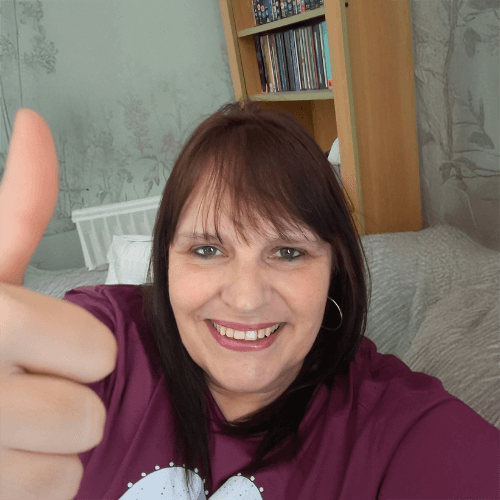

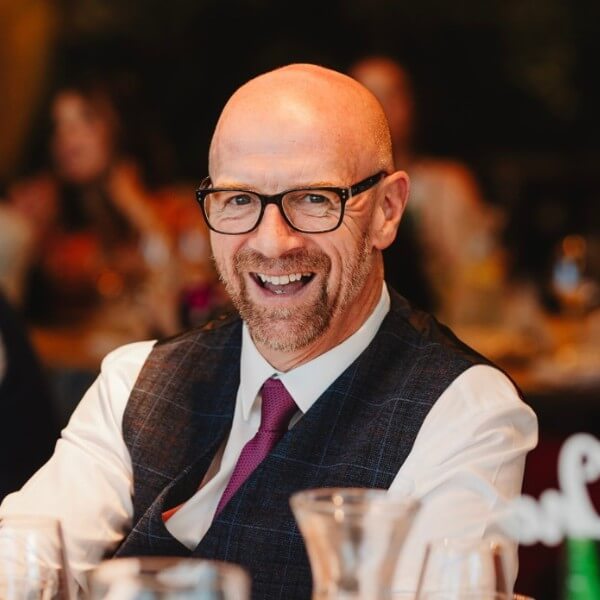
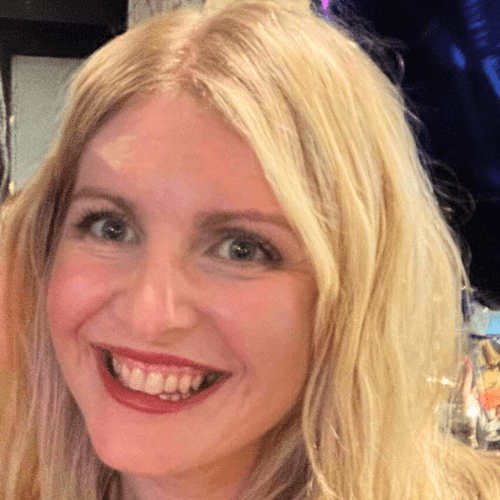

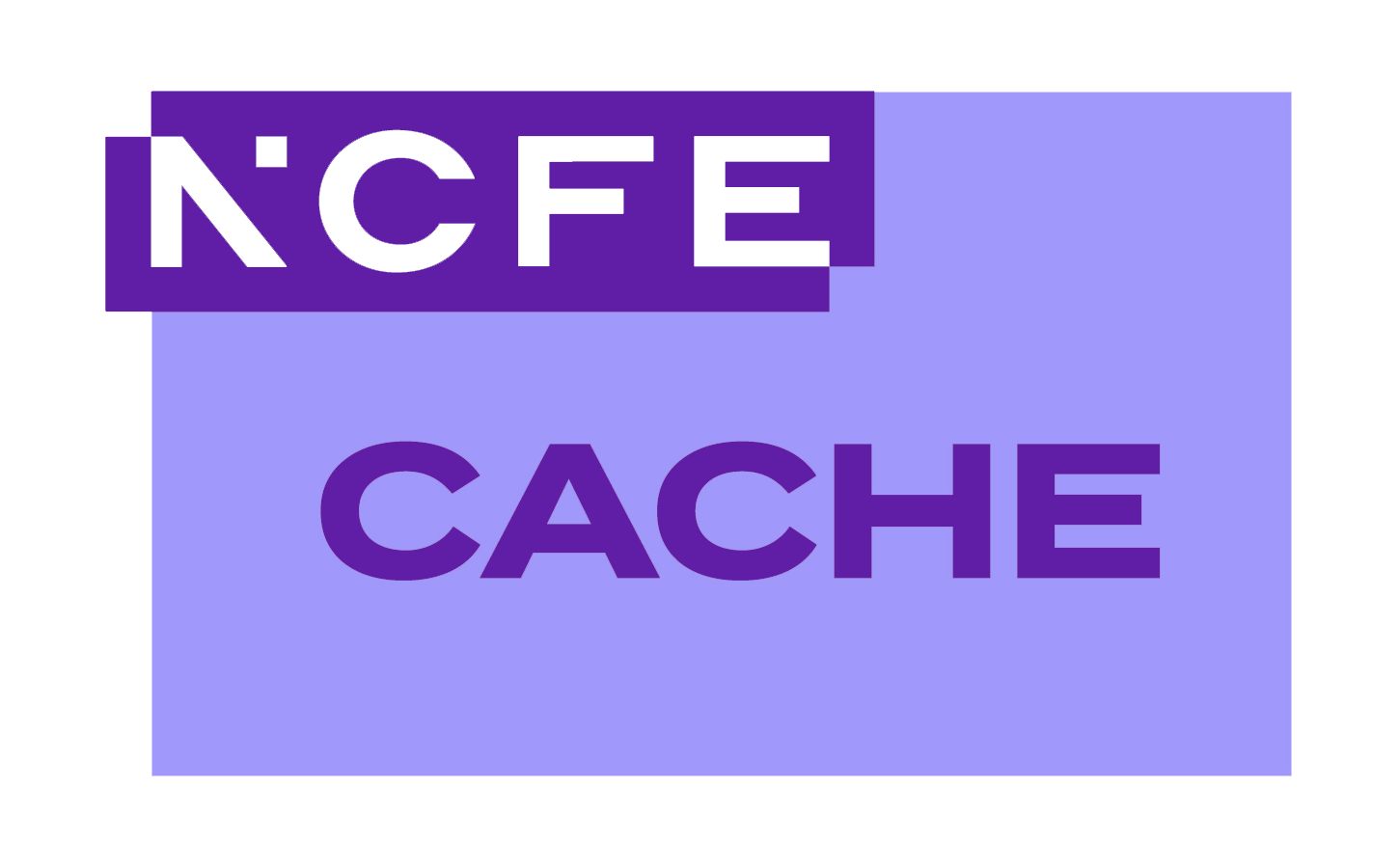





 0333 344 2126
0333 344 2126